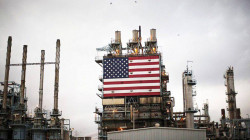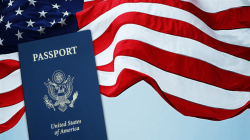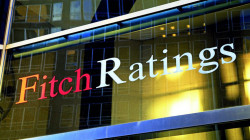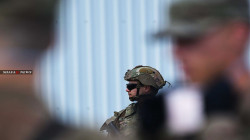U.S. sanctions Syrian leader Assad's cousins, others over drug trade
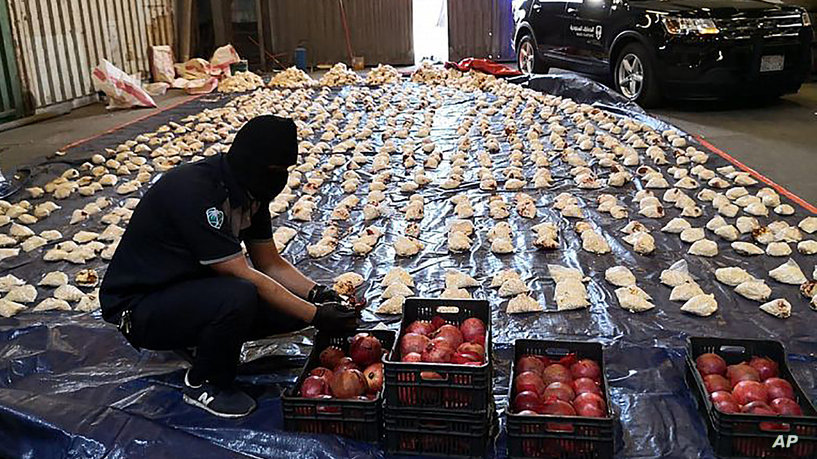
Shafaq News / The United States on Tuesday imposed new sanctions against six people, including two cousins of Syrian President Bashar al-Assad, for their role in the production or export of captagon, a dangerous amphetamine, a Treasury Department statement said.
It said the trade in captagon was estimated to be a billion-dollar enterprise and the sanctions highlight the role of Lebanese drug traffickers and the Assad family dominance of captagon trafficking, which helped fund the Syrian government.
"Syria has become a global leader in the production of highly addictive captagon, much of which is trafficked through Lebanon," said Andrea Gacki, director of Treasury's Office of Foreign Assets Control.
"With our allies, we will hold accountable those who support Bashar al-Assad’s regime with illicit drug revenue and other financial means that enable the regime’s continued repression of the Syrian people," she said.
Assad's government denies involvement in drug-making and smuggling and says it is stepping up its campaign to curb the lucrative trade.
Among those hit with sanctions were Samer Kamal al-Assad, a cousin of the Syrian president who the Treasury said oversees key Captagon production facilities in Latakia, Syria, and Wassim Badi al-Assad, another cousin who the Treasury accused of supporting the Syrian military and of having been a key figure in the regional drug trafficking network.
Also sanctioned were Khalid Qaddour, who the Treasury said was a Syrian businessman and close associate of Bashar al-Assad's brother, the head of the army's Fourth Division. An ex-commander of the rebel Free Syrian Army was also sanctioned.
The Treasury further targeted Lebanese affiliates, some with ties to Lebanon's heavily armed Hezbollah group, a close ally of Assad in his more than decade-old conflict with opposition and rebel forces.
(Reuters)

